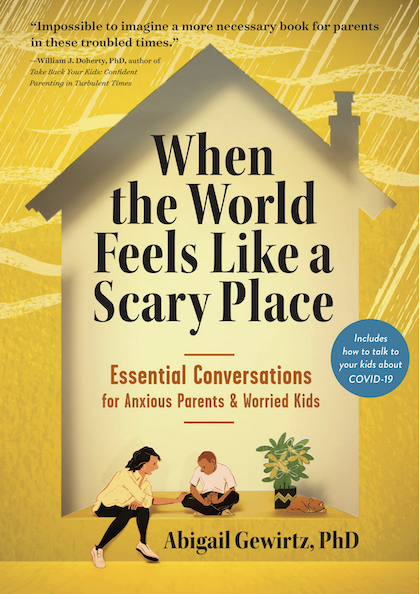If Your Brain Feels Foggy And You’re Tired All The Time, You’re Not Alone

In recent weeks, Dr. Kali Cyrus has struggled with periods of exhaustion. Exhaustion is also one of the top complaints she hears from her patients these days. They say things like, “It’s just so hard to get out of bed” or “I’ve been misplacing things more often,” she says.
Mental health care providers around the U.S. are hearing similar complaints. And many providers, like Cyrus, are feeling it themselves.
This kind of mental fog is real and can have a few different causes. But at the root of it are the stress and trauma of the past year, say Cyrus and other mental health experts. It’s a normal reaction to a very abnormal year.
Millions of people have lost loved ones, have become ill themselves and/or have lost income as a result of the pandemic.
Stress “keeps our mind vigilant and our nervous system vigilant, and that uses more energy,” says Elissa Epel, a psychologist at the University of California, San Francisco. That’s one reason that prolonged stress can leave us feeling drained.
A year of anxiety, grief and trauma
Nearly all of us are grieving the loss of life as we knew it, says Dr. Jennifer Payne, director of the Women’s Mood Disorders Center at Johns Hopkins. “We’re just in a completely different world right now,” she says. “A lot of things are not going to go back to the way they were. And so that causes grief and is a normal reaction to a big change.”
Some people have been hit so hard — and are so worn down — that “they are having trouble coming back from this,” says Cyrus, the Johns Hopkins psychiatrist, whose patients are mostly people of color and/or queer. Black and Latino communities in particular have been disproportionately affected by the pandemic and its fallout.
And people in these communities will likely struggle with more mental and physical health issues in the long run, notes Galea, and need access to mental health care and greater support to recover.
Steps to take now
So what can we do now to help recharge?
Payne, of Johns Hopkins’ Women’s Mood Disorders Center, encourages people to keep in mind all of the usual things that help during stressful times: exercise, a healthy diet, going outdoors and limiting news consumption. And engage in relaxing activities often, like a hobby you love, listening to or watching something funny, or reading books you enjoy.
However, Cyrus, who is also at Johns Hopkins, says some of her patients say their normal coping strategies aren’t working.
That’s because we are running on an emptier gas tank than usual, she says. “Your coping strategies that might be able to refill you a certain percent, [but now] you’re starting lower. So it’s not quite getting you where you need to be.”
Feeling more connected can help ease some of our stress and related exhaustion.
Also, Payne encourages trying to find things to be grateful for. Research shows that gratitude journaling lifts your mood and is good for your mental health.
“We can always find things to be grateful for,” says Payne. “It’s springtime and the days are starting to be beautiful and the trees are blossoming, and really thinking about that and admiring the trees, for example, can make you feel really grateful.”
Acceptance and self-compassion will also help, notes Dr. Jessica Gold, a psychiatrist at Washington University in St. Louis. “We have to be able to give ourselves a little bit of grace,” she says. In other words, accept that you might not work as efficiently or get as much done right now.
For most of us, the brain fog will likely fade away when we are able to resume some normalcy in our lives, say Gold and others.
Excerpted from “If Your Brain Feels Foggy And You’re Tired All The Time, You’re Not Alone” in KQED’s MindShift. Read the full article online.
Source: MindShift | If Your Brain Feels Foggy And You’re Tired All The Time, You’re Not Alone, https://www.kqed.org/mindshift/57818/if-your-brain-feels-foggy-and-youre-tired-all-the-time-youre-not-alone | © 2021 KQED INC
A screening can help you determine if you or someone you care about should contact a mental health professional. Care Managers can arrange a free 30-minute Care Consultation so you can explore options with an expert. Call or email our Care Managers at 650.688.3625 or careteam@testing.chconline.org to set up an initial Consultation appointment.






